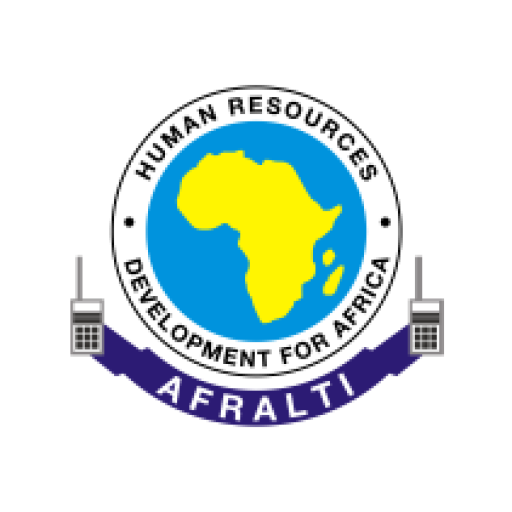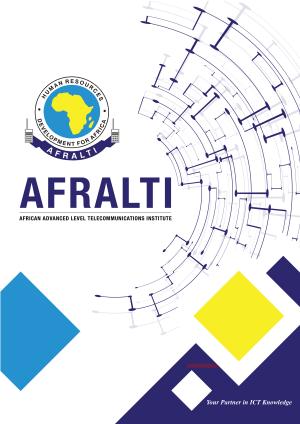 Our History
Our History
African Advanced Level Telecommunications Institute (AFRALTI) is a non-profit Inter-Governmental Organisation that was founded in 1991. The Institute serves as a human capacity building institution dedicated to the development of ICT skills and fostering digital innovation through cutting-edge research initiatives within Africa.
Currently the member States that have ratified the Intergovernmental Agreement (IGA) include; Kenya, Tanzania, Democratic Republic of Congo (DRC), South Sudan, Uganda, Malawi, Mozambique, Kingdom of Eswatini, Zambia, Zimbabwe and The Gambia.
AFRALTI trains participants from across Africa and around the world, offering programs in both English and French speaking countries through international partnerships. As an ITU Academy Centre (ATC), we provide capacity building for ITU approved programs. We also have long standing collaborations with major tech companies, delivering training, research, and innovation solutions across Africa.

